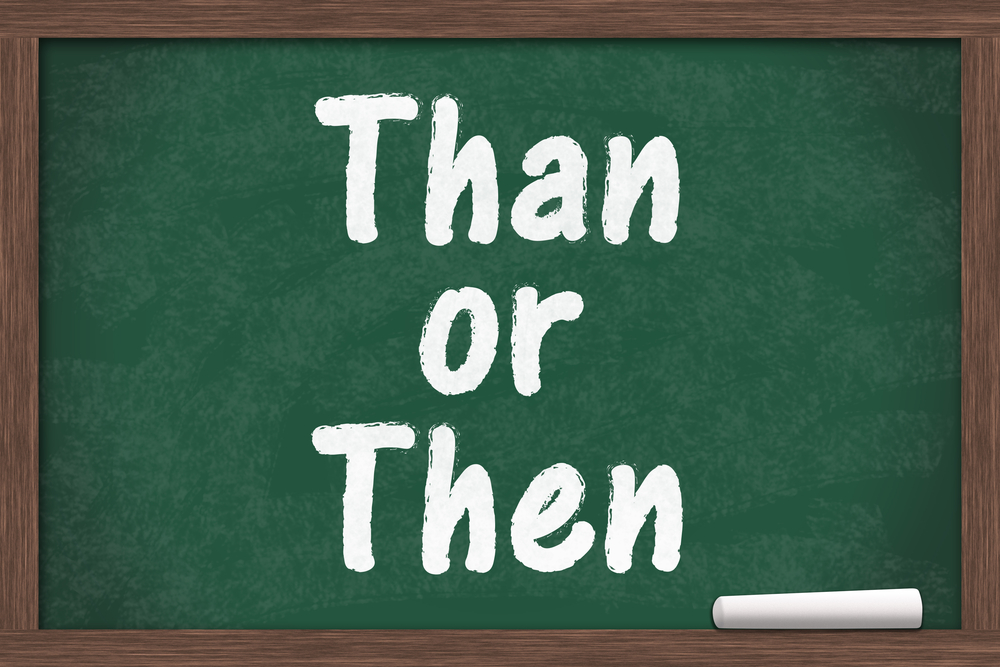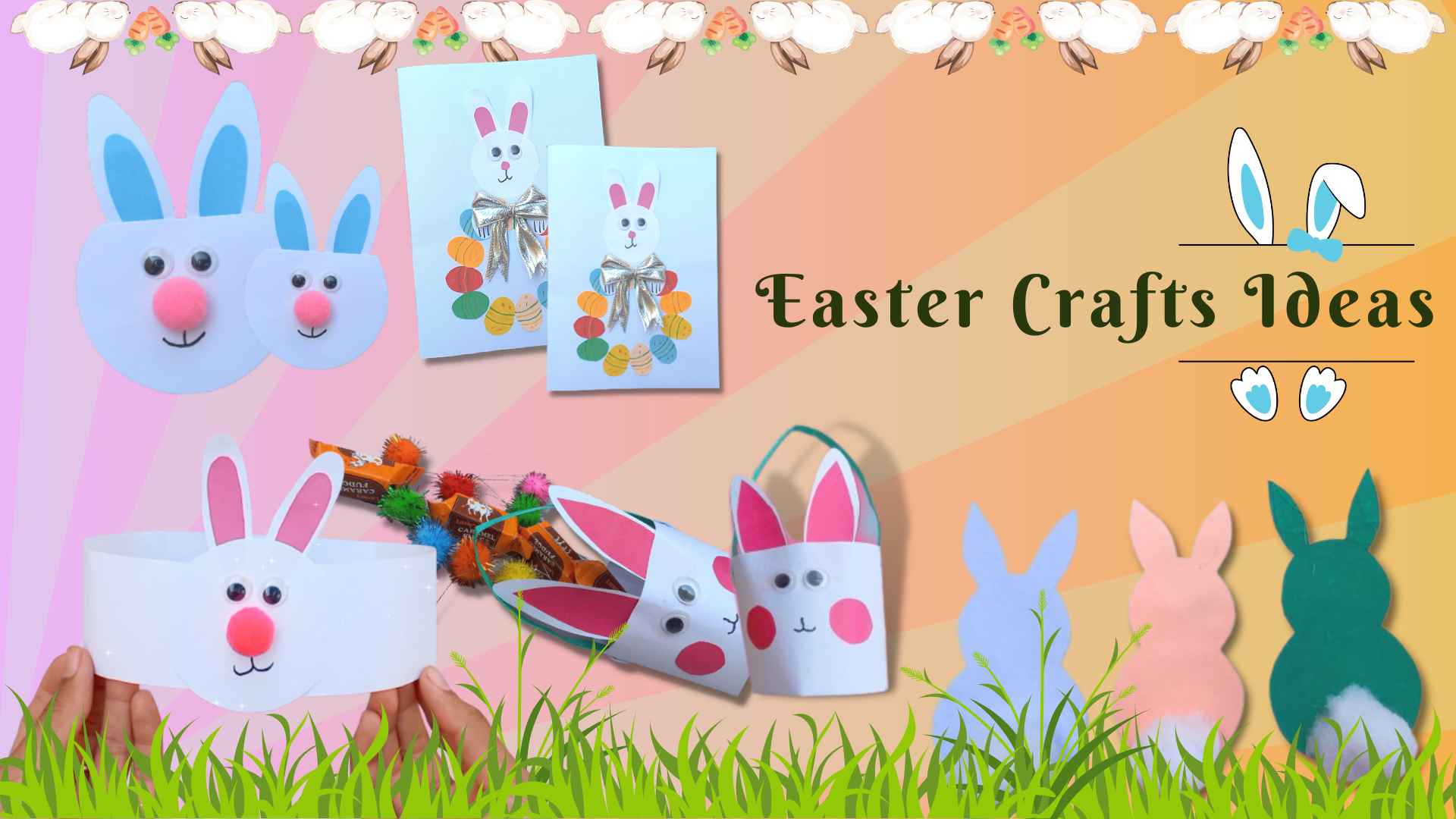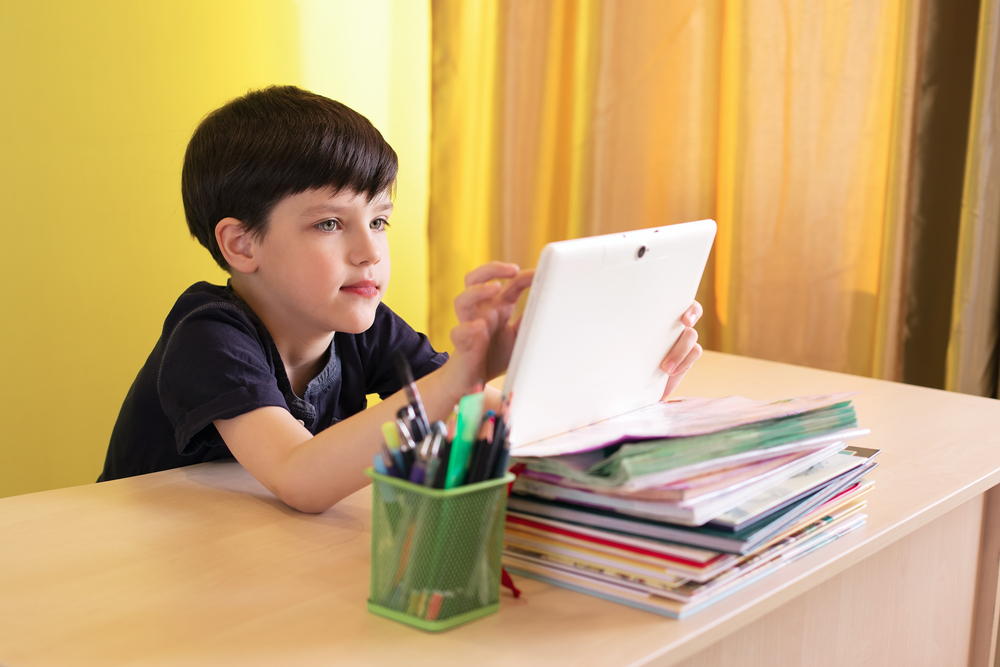Sound-letter association Worksheets for 3-Year-Olds
4 filtered results
-
From - To
Enhance your child's early literacy skills with our engaging Sound-Letter Association worksheets designed specifically for 3-year-olds. These fun and interactive activities help young learners connect sounds with their corresponding letters, laying a strong foundation for reading and writing. Our worksheets feature vibrant illustrations and age-appropriate exercises that capture the interest of young minds while promoting phonemic awareness. Perfect for home or classroom use, these materials are designed to make learning enjoyable and effective. Encourage your child’s love for language and boost their confidence with our easy-to-use worksheets that foster essential skills for their educational journey. Start exploring today!
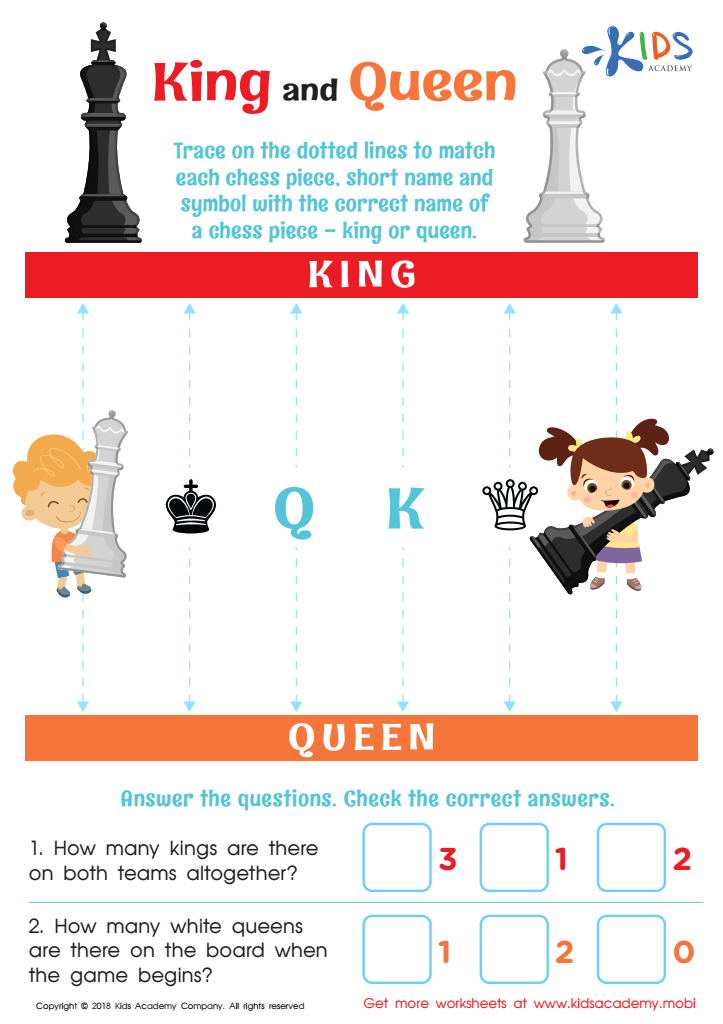

King and Queen Worksheet
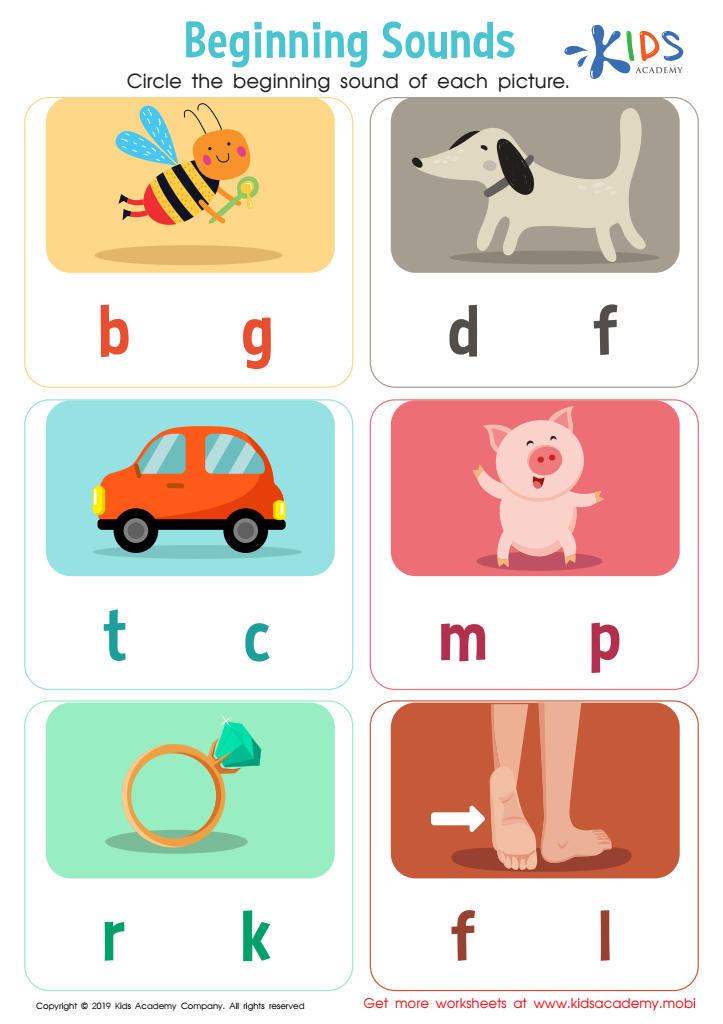

Beginning Sounds Worksheet
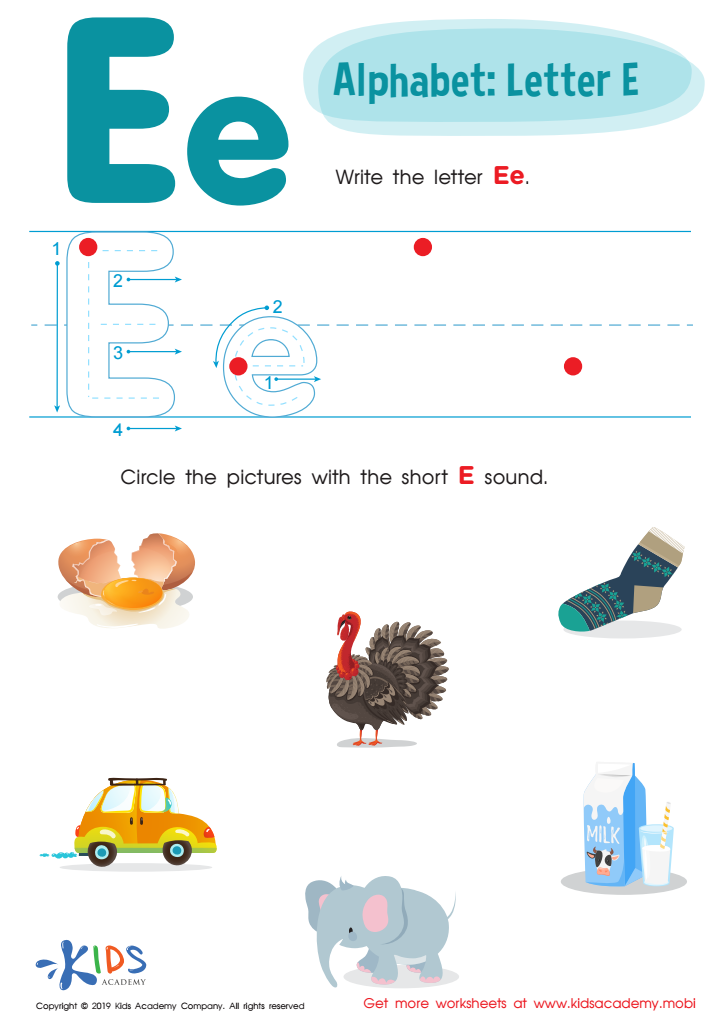

Letter E Tracing Worksheet
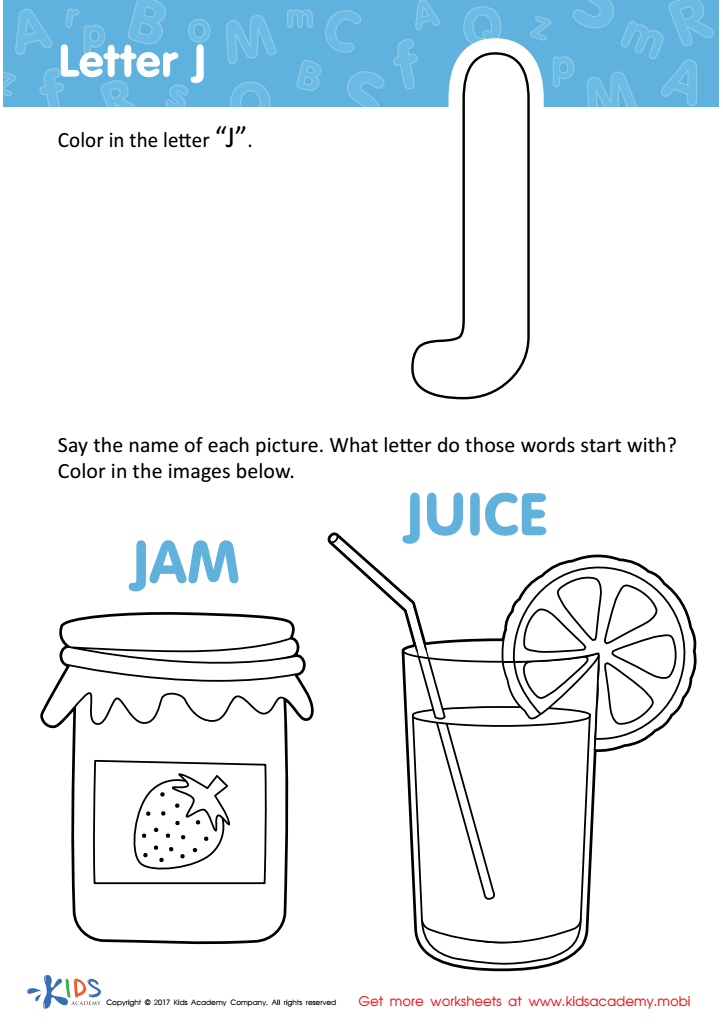

Letter J Coloring Sheet
Sound-letter association is a crucial foundational skill for literacy development, especially for 3-year-olds. Parents and teachers should prioritize this aspect of learning because it sets the stage for early reading and writing abilities. At this age, children are naturally curious and eager to explore language; by introducing sound-letter connections, we help them make sense of the relationship between spoken language and written symbols.
When kids learn to associate sounds with letters, they develop phonemic awareness, which is critical for decoding words. This skill supports future reading fluency, enabling children to recognize and sound out words independently. Furthermore, sound-letter associations help enhance vocabulary and listening skills, offering broader communication tools.
Beyond academic advantages, engaging in activities that foster sound-letter associations also promotes cognitive skills. It encourages critical thinking, memory development, and pattern recognition. Moreover, this early literacy experience can foster a love for reading and learning in children, positioning them for success in later educational stages.
Involving parents in this process through playful activities like alphabet games or storytelling can strengthen the home-school connection, making learning a collaborative adventure. Ultimately, sound-letter association not only equips children with essential literacy skills but also instills confidence and joy in the learning journey.

 Assign to My Students
Assign to My Students






